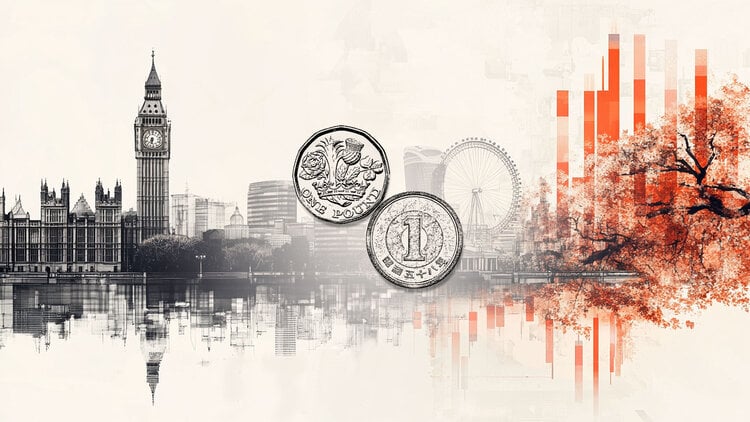Researchers in the history of Brazil and Portugal build different perspectives on the context of the Independence of Brazil, which has instigated the public for almost two centuries. Since elementary school, we learn that this “series” is not solely related to the celebration of September 7, when Independence was proclaimed, a reason for a national holiday.
In order to understand this historic milestone, experts guarantee, it is necessary to review causes, antecedent events and effects. Finally, “marathon” the events that precede and follow the allegory of the cry of Ipiranga, recorded by the painter Pedro Américo decades later, in 1820.
Without phone calls or instant messages to organize acts between people who are far away, the orders and documents of colonial Brazil cross the paths between metropolis and colony by letter. This meant that communication took months, as the steamboat was still an experiment incapable of facing the seas.
The distance between countries created noise and reduced the weight of decisions, decrees made between the courts in Brazil and Portugal. All spoke Portuguese, but the delay with which the information crossed the seas, in general, two to three months, took the information out of context.
For experts, the episodes are all associated with each other, intertwined in their meanings. Including the public’s feelings of Brazilianness.
“When we think we need to deal with what happened to Brazil 200 years ago, it’s because we found some link between the present and the past. This bond is established as a way of celebrating and remembering. The reason for telling this story is to create bonds of belonging”, says historian Deusdedith Rocha Junior.
The references of this “belonging”, as Deusdedith explains, must take into account that what will be remembered in this script is the result of a “dispute”. Permanent conflict is at the root of the whole process.
The dispute between the powerful at the time has different milestones, such as the flight of the Portuguese royal family in the final days of November 1807 to the colony of Brazil, where it would only arrive on January 22, 1808. Dom João VI, the Portuguese prince regent, did not saw another way out, after the country was threatened with invasion by the troops of the French Emperor Napoleon Bonaparte, as Portugal had not joined the continental blockade against England.
Together with him, the whole family went to the territory in South America, including his mother, Maria, his wife, Carlota Joaquina, their children, Pedro and Miguel, and other members. Upon learning that the powerful were fleeing, the Portuguese population would have attacked the royal ships even with stones. For the researchers, the paths of Brazilian independence begin to take shape in this unusual episode.
Source: CNN Brasil







